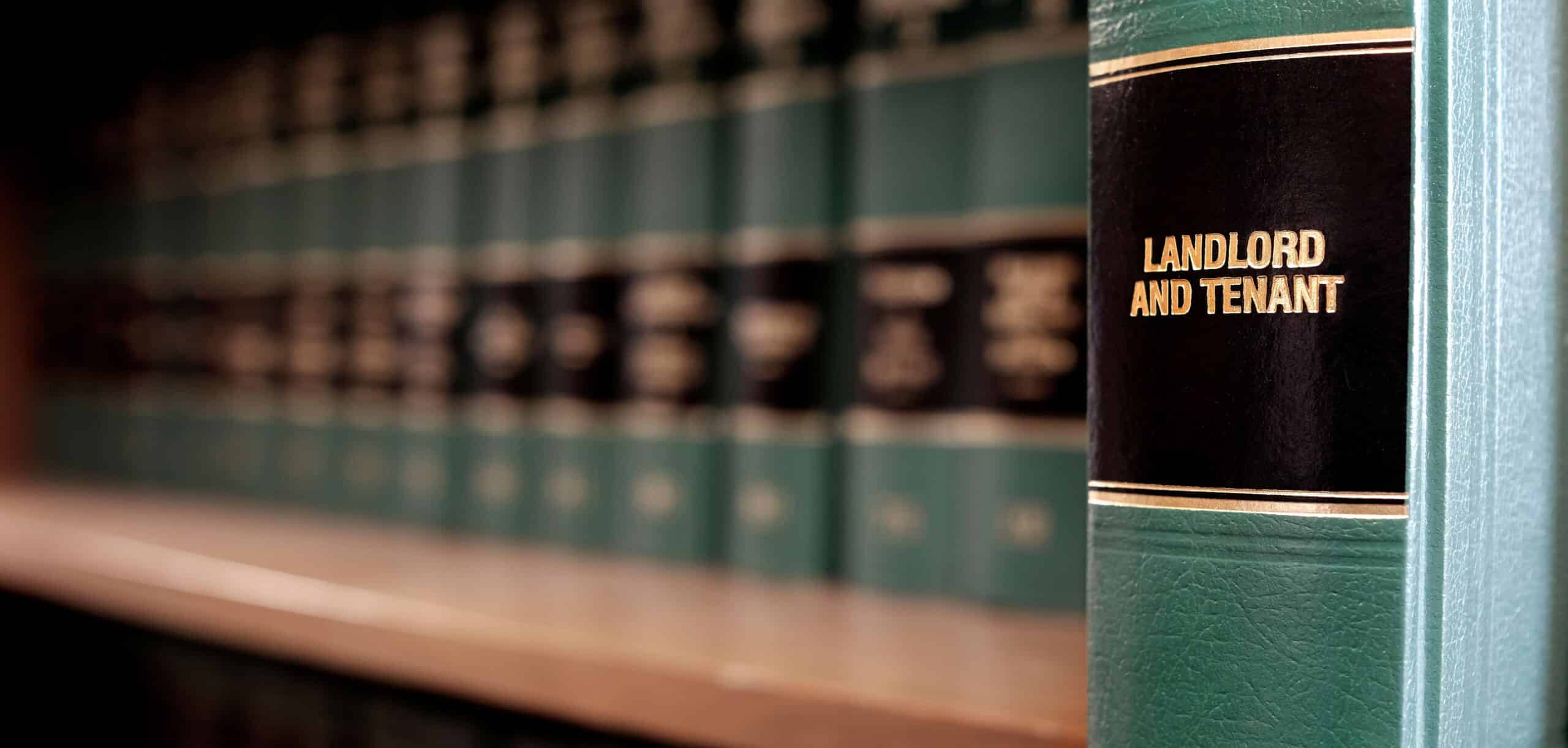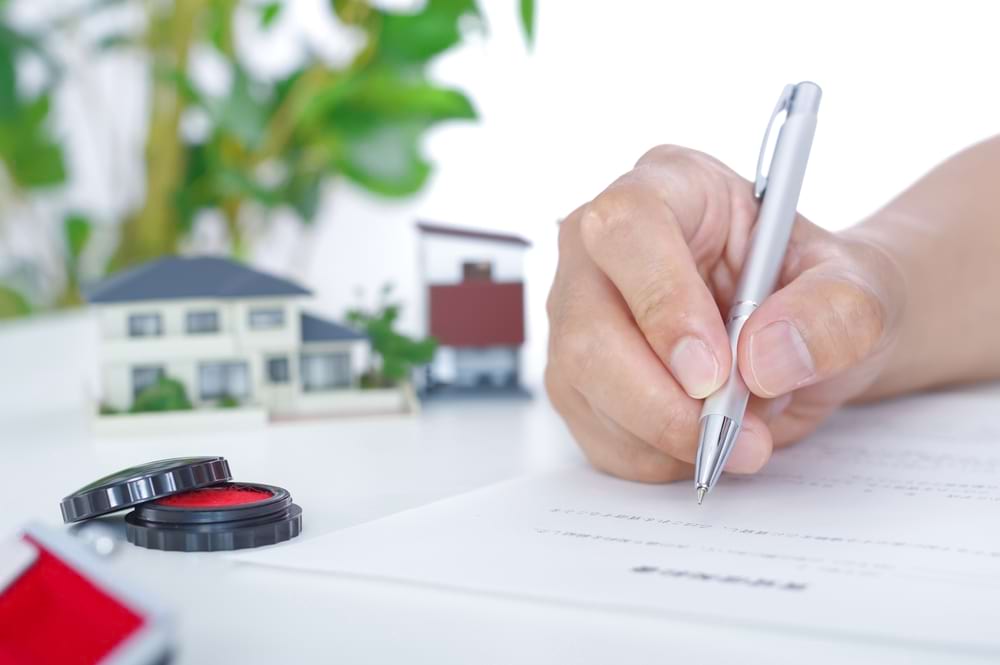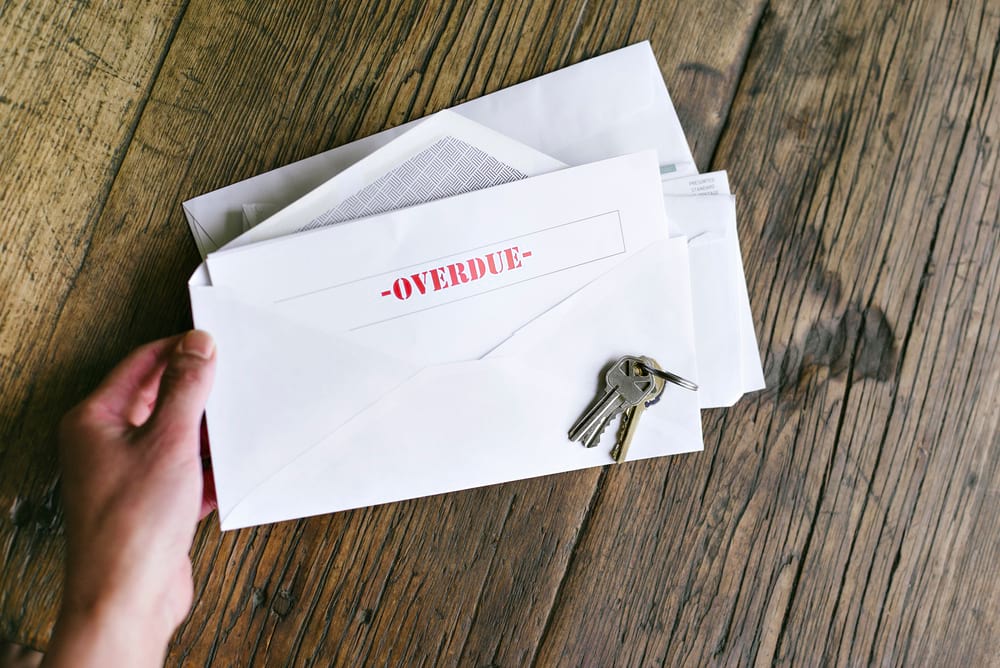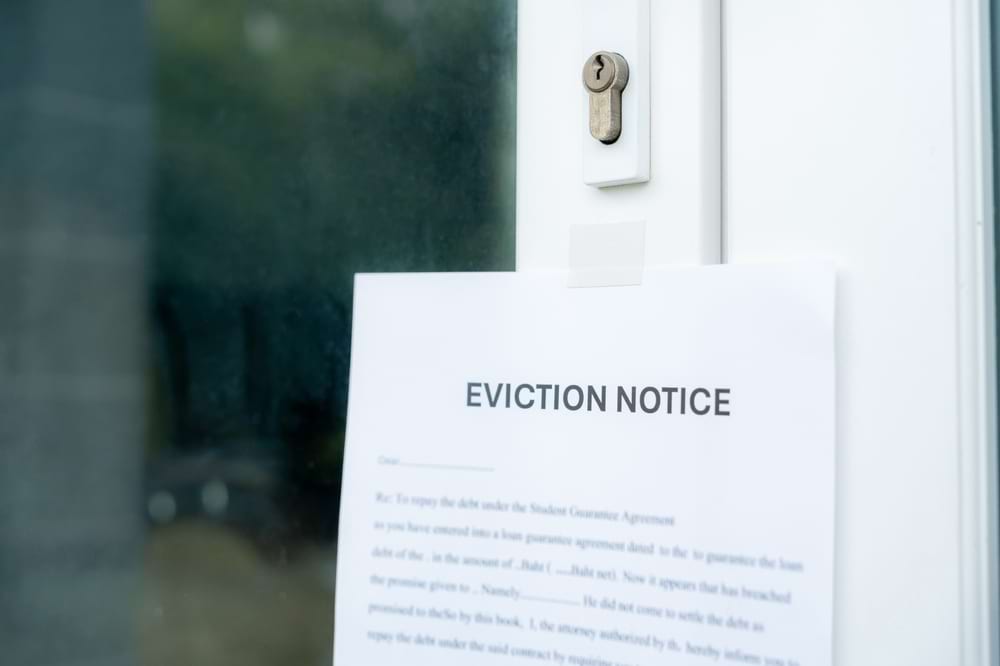Being a landlord can be a great way to make money.
Some even rent out multiple properties and do it full-time.
But it comes with many responsibilities.
If you ignore these, you could face fines, legal action, and a ban on being a landlord.
Landlord responsibilities to government
To become a landlord, you abide by certain regulations.
In some certain locations, this may mean getting a landlord license.
You should find information from – or contact – your local authority to see if your property falls under such an area.
And in all locations, this means abiding by government regulations related to:
- Health and safety
- Rent payments
- Environmental policies
- Tenant vetting.
Many of these are common sense, i.e., maintaining safe gas and electrical equipment, not increasing rent unfairly, abiding by the Tenant Fee Act, etc.
However, relying on common sense is not enough!
You should make sure you meet the specific criteria listed on government websites.
And you should keep up to date with changes to these, such as the homes (fitness for human habitation) act.
These are also dependent on whether you a renting out a regular property or a house of multiple occupation (HMO). The latter have stricter criteria.
Example 1: EPCs
For example, one environmental policy is for properties to have an electrical performance certificate (EPC), which grades energy-efficiency.
At present, the requirements for grades are set to increase in 2030.
After then, properties with a rating below C could be fined up to £30,000.
Example 2: Right to rent checks
Right to rent regulations are primarily designed to prevent illegal immigrants from renting property.
They involve verifying potential tenants’ identities before allowing them to rent. So, by their nature, they also help prevent other kinds of criminals from renting.
Right to rent criteria can change in different ways.
For example, in February 2025, new guidance on the types of documents acceptable for the checks was issued and Biometric Residence Cards (BRCs) are no longer valid.
Landlord responsibilities to tenant
As the property owner, a landlord’s position is closer to a regular homeowner than the tenant’s is.
So, for example, tenants can’t decorate homes (without landlord permission).
But this also means a landlord is responsible for many aspects of the home, too. And unlike a regular homeowner, they can be punished for not keeping up with their responsibilities…
Many landlord responsibilities to tenants are covered government regulation.
For example, making general repairs and maintenance and PAT testing for electrical appliances.
However, there are other issues that might come up during tenancies worth being aware of.
Some of these will vary according to what kind of tenancy agreement is place. But otherwise, most apply to all situations.
Example 1: Right to quiet enjoyment
Tenants’ right to quiet enjoyment protects their right to being undisturbed in a property.
Whilst landlords can keep keys, they are can’t enter occupied properties without due notice and permission.
There are exceptions to this. During emergencies, for example. And when landlords enter the communal areas of HMOs.
Example 2: Evictions
There are different kinds of evictions, including:
- Section 21 evictions: also known as no-fault evictions
- Section 8 evictions: These require landlords to state (and provide evidence for) specific grounds for evictions related to a tenant’s conduct.
In both cases, landlords must follow the correct proceedings for evictions. This often includes giving tenants fair warning.
Example 3: Selling a tenanted property
Landlords are entitled to sell properties even with tenants still living in them. Their buyers simply need to agree to honour the original tenancy agreement.
When this happens, the original landlords should inform tenants of the situation and provide them with contact details of the new landlords.
Responsibilities to lenders
Landlords that have mortgages on their rental properties must abide by their lenders’ requirements. This means, for example, not living in the properties.
Landlord responsibilities to the wider neighbourhoods
Problem tenants are often not just a problem for landlords – they can also have an impact on the wider neighbourhood.
This is often down to noise, but other times it may be due to issues around maintenance (in cases where the landlord isn’t responsible), parking, behaviour in public, etc.
Landlords need to monitor situations like this for the greater good of the neighbourhood.
Outsourcing responsibilities: Property management companies
Property management companies can manage most tasks that are landlords’ responsibilities.
They come at a fee, but in many cases their time and efficiency are well worth it.
Of course, it is up to landlords to vet their property management companies. If tenants make complaints about the latter, landlords must follow up. And if things get very bad, they should switch to another provider.



















